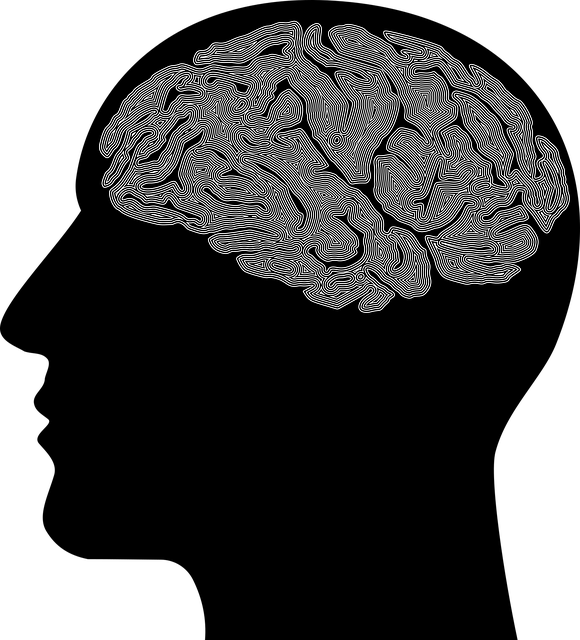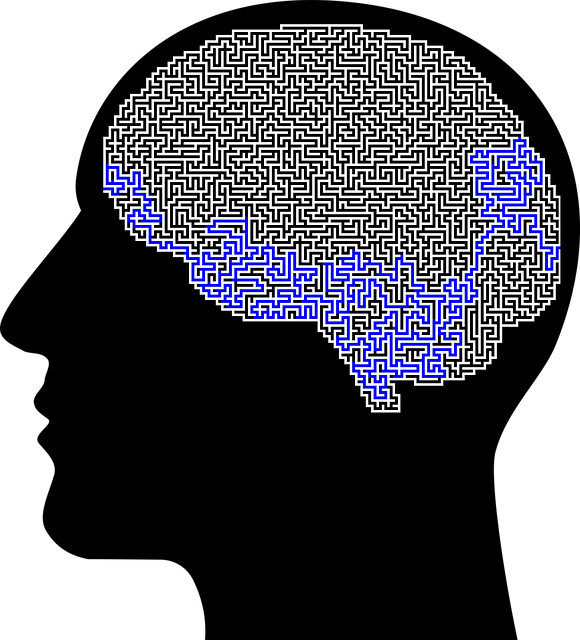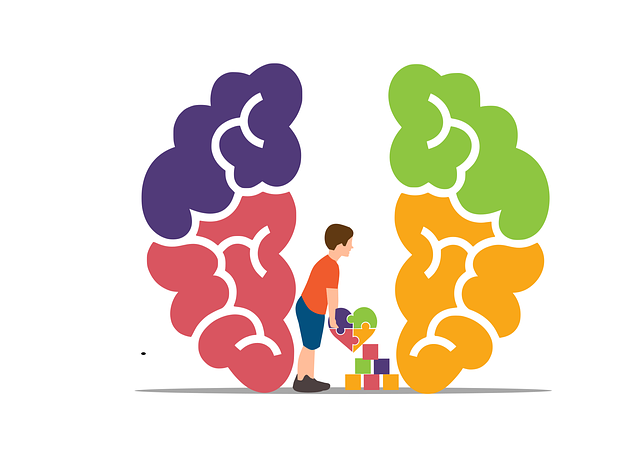Centennial Children Therapy focuses on crisis intervention, leveraging evidence-based techniques and a child-centric approach for swift, effective solutions. They educate parents and healthcare providers through podcasts and training programs, emphasizing cultural competency for diverse populations. Key strategies include identifying risk factors, teaching conflict resolution, mindfulness meditation, and resilience-building exercises. Therapists create safe spaces, particularly trauma-informed environments, to address unique manifestations of trauma. Post-crisis support includes individual/group therapy, workshops, peer groups, and community outreach, fostering emotional healing and coping skills for long-term well-being.
“In times of crisis, immediate and effective intervention can be life-altering. This comprehensive guide explores crucial strategies for therapists at Centennial Children’s Therapy, offering a holistic approach to support young individuals. From understanding the intricacies of crisis intervention to identifying at-risk populations, this article provides valuable insights. We delve into trauma-informed practices, post-crisis support, and prevention techniques, ensuring professionals are equipped to create safe spaces for healing. Discover how Centennial Children’s Therapy navigates these challenges, fostering long-term resilience among its young clients.”
- Understanding Crisis Intervention: A Brief Overview for Centennial Children's Therapy
- Identifying Risk Factors and Vulnerable Populations in Youth
- Immediate Response Strategies for Therapists at Centennial Children's Therapy
- Creating a Safe Space: Trauma-Informed Practices for Effective Intervention
- Post-Crisis Support and Prevention Techniques for Long-Term Healing
Understanding Crisis Intervention: A Brief Overview for Centennial Children's Therapy

Crisis intervention is a critical component of mental health support, particularly for children. At Centennial Children’s Therapy, our team understands that crises can significantly impact a child’s emotional and psychological development. We recognize the need for swift and effective strategies to mitigate these events and foster healthy coping mechanisms. Our approach integrates evidence-based techniques with a child-centric focus, ensuring each intervention is tailored to their unique needs.
Through our Mental Wellness Podcast Series Production, we aim to educate both parents and healthcare providers on various crisis intervention methods. Additionally, we offer Healthcare Provider Cultural Competency Training to address the unique challenges in working with diverse populations, promoting inclusive care. Resilience-building exercises are a cornerstone of our practice, empowering children to navigate future crises with enhanced coping skills and a stronger sense of self.
Identifying Risk Factors and Vulnerable Populations in Youth

Identifying risk factors and vulnerable populations among youth is a crucial step in developing effective crisis intervention strategies. This includes recognizing behavioral changes, emotional distress, or any signs of abuse, neglect, or trauma. Centennial Children Therapy highlights the importance of targeting at-risk youth early on to prevent escalation into more severe issues. By assessing family dynamics, social environments, and individual resilience, healthcare providers can identify children who may be more susceptible to crises.
Vulnerable populations often include marginalized communities, where access to resources and support systems might be limited. Cultural competency training for healthcare providers is essential in understanding these disparities and tailoring interventions accordingly. Conflict resolution techniques and mindfulness meditation have been shown to be valuable tools in crisis management, helping youth develop coping mechanisms and emotional regulation skills. These strategies can empower individuals to navigate challenging situations more effectively while fostering a sense of resilience and well-being.
Immediate Response Strategies for Therapists at Centennial Children's Therapy

At Centennial Children’s Therapy, therapists are equipped with immediate response strategies to address crises effectively. When a child or adolescent faces an emotional or behavioral crisis, rapid intervention is key to mitigating risks and fostering positive outcomes. Therapists are trained to assess the situation swiftly, focusing on ensuring the individual’s safety and well-being as the top priority. This involves creating a calm environment, actively listening to convey empathy and understanding, and employing de-escalation techniques to help the client feel supported and in control.
Guided by evidence-based practices, therapists at Centennial Children’s Therapy may employ various tools tailored to the crisis. These can include mental wellness coaching programs designed to empower individuals with coping strategies for managing stress, anxiety, or anger. Additionally, self-esteem improvement techniques are often woven into therapy sessions, aiming to strengthen the client’s sense of worth and resilience. The use of a mental wellness journaling exercise guidance can also be beneficial, allowing clients to externalize their thoughts and emotions, gain perspective, and track progress over time.
Creating a Safe Space: Trauma-Informed Practices for Effective Intervention

Creating a safe space is a cornerstone of effective crisis intervention, especially when working with individuals who have experienced trauma. At Centennial Children’s Therapy, we prioritize trauma-informed practices to ensure that every interaction fosters healing and resilience. This involves understanding and addressing the unique needs of each individual, recognizing that trauma can manifest in various ways. Our therapists are trained to create a non-judgmental environment where clients feel heard, validated, and supported.
By implementing these trauma-informed approaches, we aim to reduce re-traumatization risks during intervention. This is particularly crucial for mental health professionals who often work with vulnerable populations. Effective crisis management goes beyond immediate symptoms; it involves comprehensive risk management planning as part of our service provision. We encourage organizations to organize stress management workshops and trauma support services to empower individuals with coping mechanisms, ultimately enhancing their ability to navigate life’s challenges.
Post-Crisis Support and Prevention Techniques for Long-Term Healing

After an initial crisis intervention, providing sustained support and implementing prevention strategies are essential for long-term healing, particularly for individuals like those seeking services at Centennial Children Therapy. Post-crisis support can include individual or group therapy sessions focused on processing emotions, establishing coping skills development, and fostering resilience. These techniques help individuals make sense of their experiences and equip them with tools to navigate future challenges.
Prevention techniques play a crucial role in mental illness stigma reduction efforts and inner strength development. Educational workshops, peer support groups, and community outreach programs can empower individuals to recognize early warning signs, seek help proactively, and promote overall well-being. By integrating these strategies into post-crisis care, individuals have a higher likelihood of overcoming adversity, building resilience, and achieving lasting recovery.
In navigating crises, Centennial Children’s Therapy emphasizes a holistic approach that combines understanding, identification, and intervention. By recognizing risk factors and implementing strategies such as trauma-informed practices and post-crisis support, therapists at Centennial Children’s Therapy foster long-term healing for vulnerable populations. This comprehensive guidance ensures that young individuals receive the immediate response and continuous care they need to overcome challenges and thrive.












